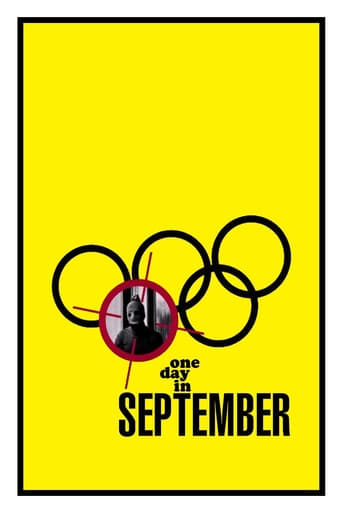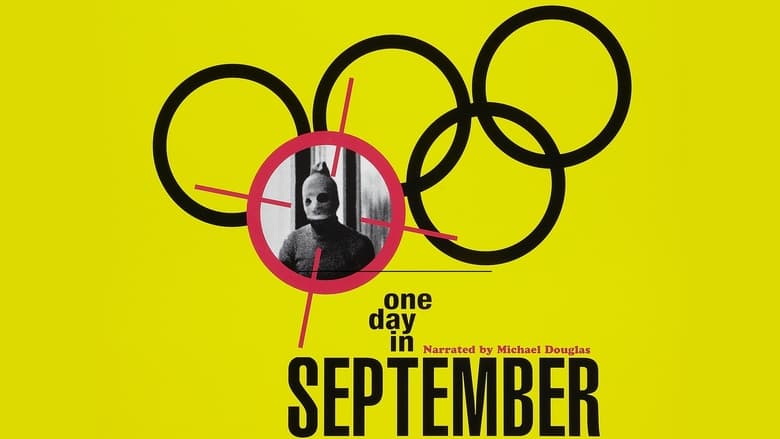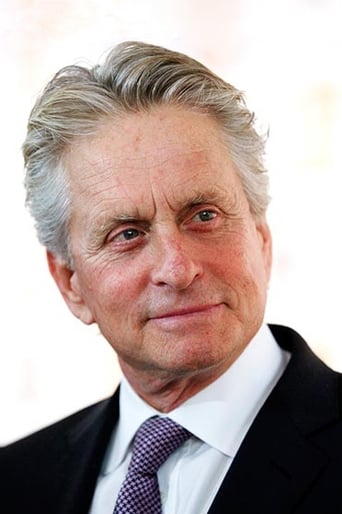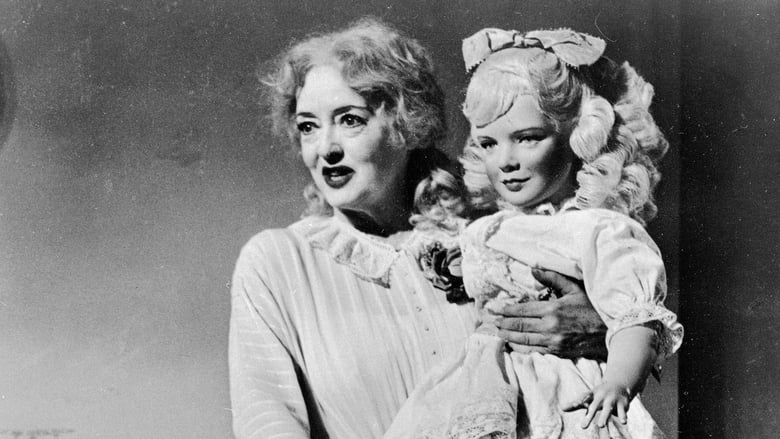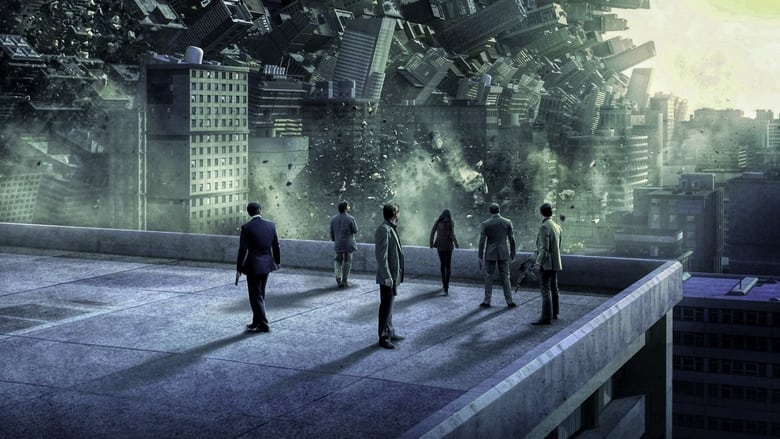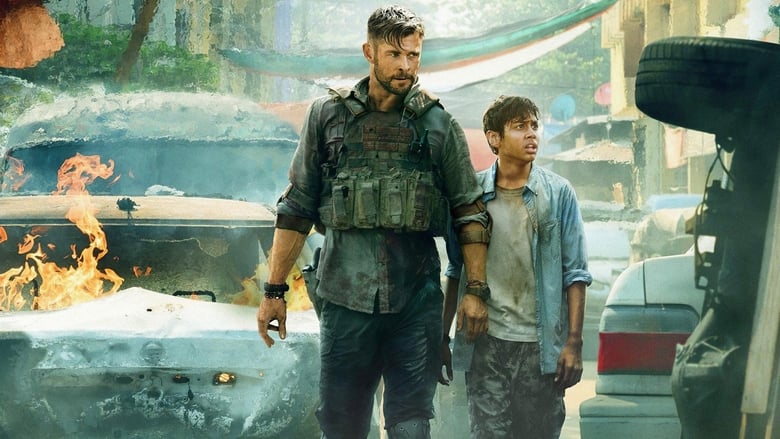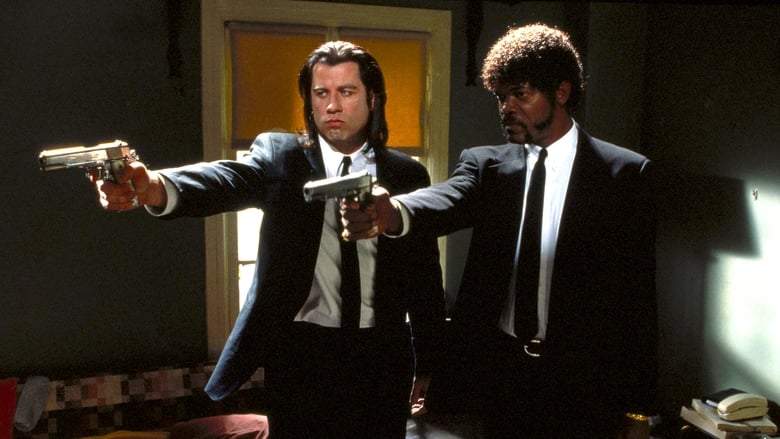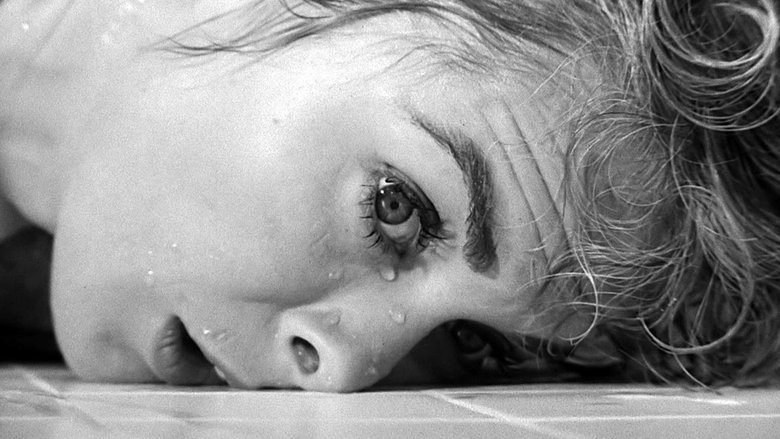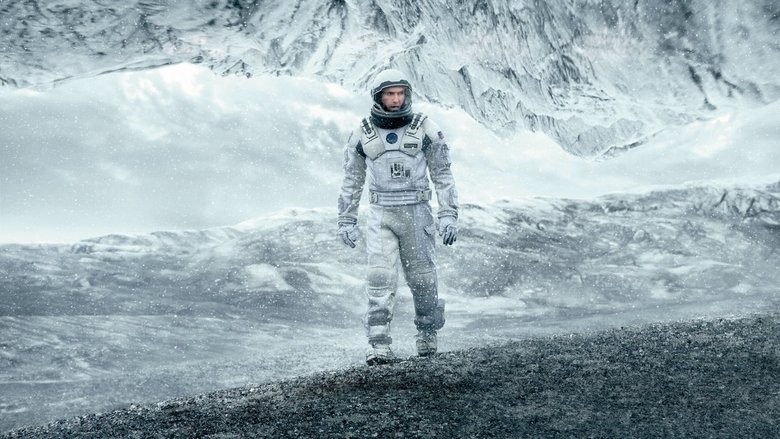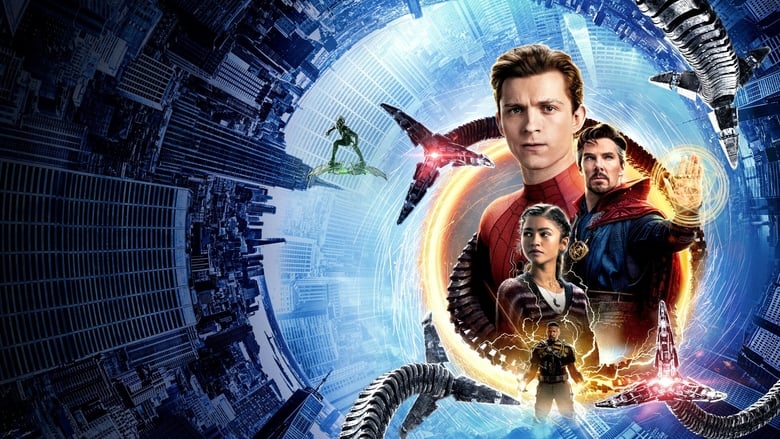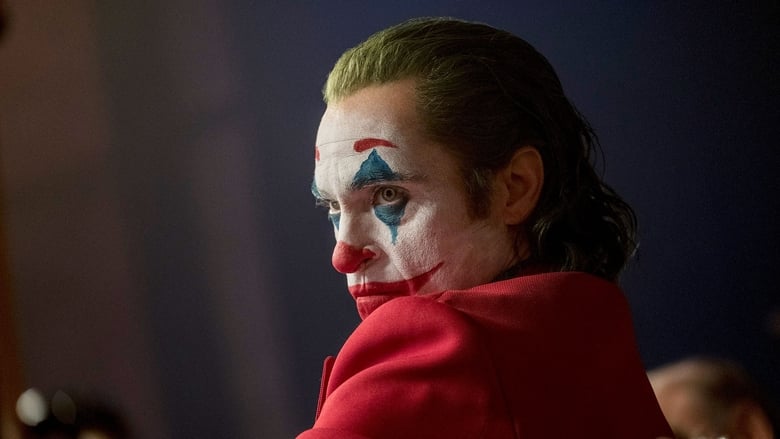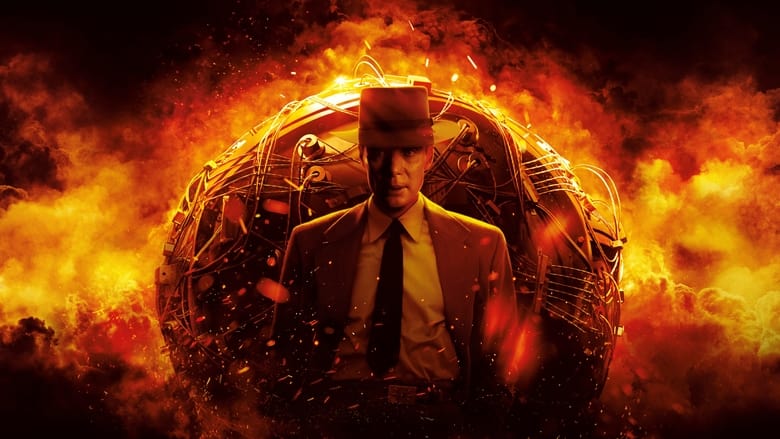The full story of the 1972 Munich Olympics Massacre and the Israeli revenge operation 'Wrath of God.' The 1972 Munich Olympics were interrupted by Palestinian terrorists taking Israeli athletes hostage. Besides footage taken at the time, we see interviews with the surviving terrorist, Jamal Al Gashey, and various officials detailing exactly how the police, lacking an anti-terrorist squad and turning down help from the Israelis, botched the operation.


Similar titles

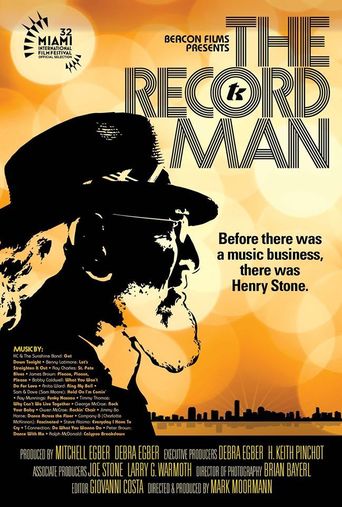
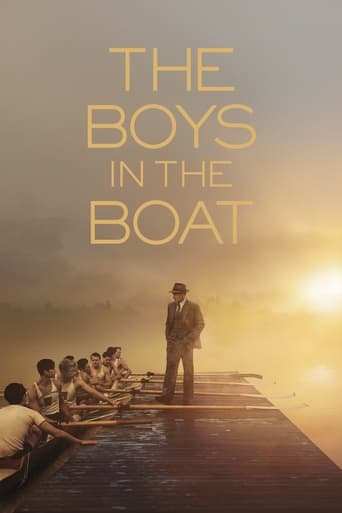
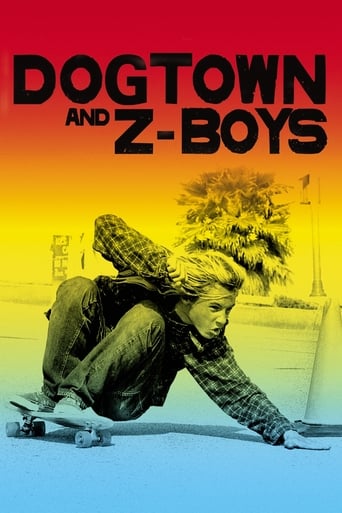
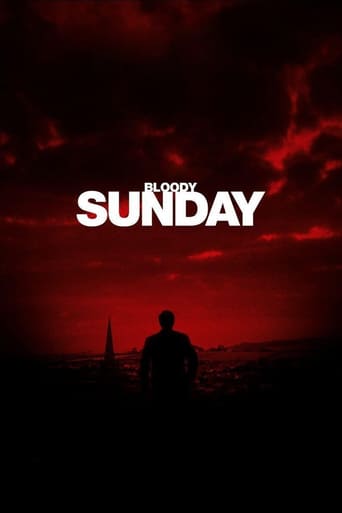
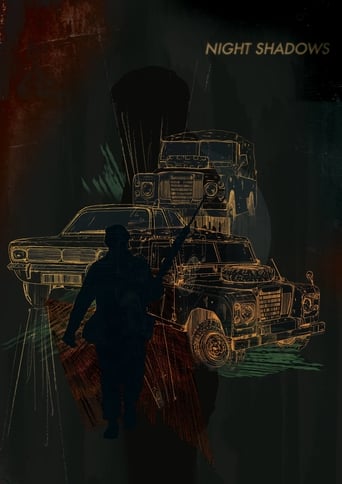
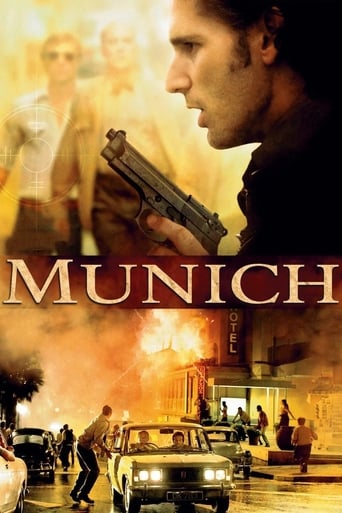

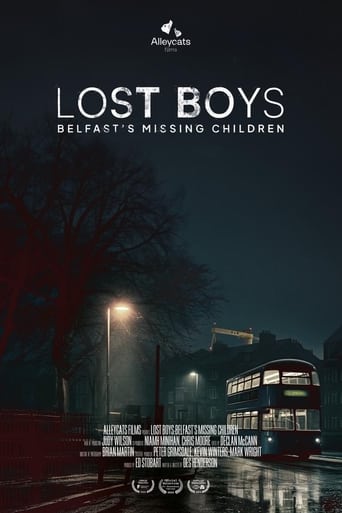
Reviews
Whether winter or summer, the Olympic Games are meant to be a place where the world comes together for the ultimate competition in athletics. It is the ideal that dates back to ancient times when the Greeks themselves invented the Olympics.But on September 5, 1972, in an ordeal that lasted into the early morning hours of the following day, the Olympic ideal was brutally attacked when members of a shadow Palestinian terrorist group known as Black September hopped over the fence at the Olympic Village in Munich and killed two Israeli athletes, holding nine others hostage and threatening to kill them unless their demands for freeing two hundred political prisoners were met. With Israel point-blank refusing to negotiate, and having to take responsibility for this, a rag-tag German hit squad unleashed their firepower on the terrorists at the Furstenfeldbruck airfield just outside of Munich; and although three of the eight terrorists were eventually captured and the other five died in the mêlée, so too did the remaining nine Israeli athletes. It was the first act of terrorism ever televised to an international audience; and in 1999, it was the focus of the Oscar-winning documentary ONE DAY IN September.Narrated by Michael Douglas, ONE DAY IN September examines, in a span of only ninety-one minutes, the way the 1972 Summer Olympics were laid out, and how it led to what took place. Munich was, just four decades before, the epicenter of the Nazi movement; and when it was awarded the '72 Games, memories of Hitler's 1936 Berlin Games, as well as the horrors of World War II and the Holocaust, were still fresh in the population's memories. The organizers of Munich '72 were determined to make it as different from "Hitler's Games" as was humanly possible; and while theirs were noble and good intentions, it turned out to be their undoing. The perimeter of the Olympic Village was a mere rusty fence, as opposed to sturdier materials like barbed wire (so as not to look like a concentration camp like Dachau, which was only seven miles away), and the security guards not only had no visible firearms on them, they didn't even look like security guards to begin with. This was how the eight Black September militants scaled the fence, with the unintentional help of drunk American athletes, and broke into the Israeli apartment at Connollystrasse 31. A great deal of negotiating between West Germany and Black September ensued, and the world was transfixed to their televisions, as they watched what had been up to that moment a peaceful Olympic celebration suddenly turned into the most overt act of terrorism the world had seen to that point.Attempts by the West German government to end the standoff by force were totally unsuccessful (the country had no counter-terrorism force of its own, and relied on municipal cops); and when the terrorists and the hostages were transported by helicopters to Furstenfeldbruck, the situation took the ultimate horrifying turn. A whole horde of untrained German snipers unloaded on the airfield; and over the next forty-five minutes, all hell broke loose. Once the mêlée was over, officials of the West German government and the Munich Olympic Committee had stated that the terrorists had been killed, but the Israelis had been saved. Later on, of course, it was revealed that something totally different had transpired. It was up to ABC sportscaster Jim McKay to deliver the terrible news to the world: "They're all gone." People who remember those terrible two days in September 1972 will certainly be reminded of them again when watching ONE DAY IN September; and those who only know of 9/11 will be reminded of how terrorism can turn good things bad in a hurry. The whole ordeal, down to the last horrifying battle at Furstenfeldbruck, was an act of well-meant but painfully inept West German planning; and while the decision to go on with the Olympic Games after the deaths may have been a way of both paying tribute to the murdered Israelis and thumbing its noses at terrorists, it was also extremely controversial. Scenes of athletic competition, including those of U.S. swimmer Mark Spitz and Russian gymnast Olga Korbut, are interspersed with the horrific events at Connollystrasse 31 to emphasize the tragic turn Munch '72 took in the span of only eighteen hours. The mood is emphasized further by Heffes' modern score, with contributions by Glass, and a performance of the Funeral March of Beethoven's Eroica Symphony, as performed by Rudolf Kempe and the Munich Philharmonic at the memorial for the athletes. In the end, ONE DAY IN September was richly deserving of the Oscar it got, and it should remind us all of how political terrorism not only poisoned the ultimate sporting event, but also led to far worse things to come.
This 'so called' documentary is too much like a Hollywood suspense movie. It's supposed to be about the real event that I vaguely remember when I was a kid. It doesn't cover enough of the background information regarding the motives of the 'terrorists' (otherwise referred to as Arabs in Hollywood), or the German Government, or the Israeli Government. Also, for them to insist that the Olympics are meant to foster good relations between people from different countries, is ridiculous. It's competition between countries, that is truly intended to show superiority of certain nationalities over others. THE OLYMPICS ARE NOT DESIGNED TO PROMOTE PEACE! That said, I also have to mention that the Rock music in the movie (which is music I Love) does not fit the scene. The innocent athlete's who get killed from this horrible event are not honored by the music. It just distracts from what happened and the possibilities of why it happened. The constant downgrading of Germany in the movie is disturbing also. The leaders of Germany were obviously not the only ones who wanted to continue the Olympic Games. There was, and is so darn much money that's at stake in advertising and other aspects of these global media events, that no matter what happens, they'll want to continue! As far as the 'terrorists' (or evil-doers, as our GWB would say) are concerned, they are made to look insane and evil near the end of the movie when the 3 survivors get interviewed. Slow motion can do that! This movie needs a lot of work. Israel was not created through peaceful events. Some information about that might explain things a little better. Nothing excuses terrorist events though. But people should realize that terrorist can sometimes be leaders of countries also. Hummm......world...police......????
I found this film, with its blurred boundaries between thriller and documentary, rather compelling and hard to look away from. My comments here are really more about the criticisms of the film than the film itself. I've read several comments about ONE DAY IN September from Europeans lamenting its treatment of the Germans and Palestinians. As an American, I admit much more sympathy for Israel than Palestine (despite the USA's shameful record on race, at least we didn't launch the Holocaust), but the film is more about the killing of the innocent (and bungled German efforts to save them) than a deep historical treatment of the Israeli-Palestinian conflict. (For that, I'd recommend FIFTY-YEAR WAR, a PBS Frontline documentary.) And I'm not sure it's totally unfair to condemn the Germans for failing to even have an anti-terrorist unit, considering that terrorism was already a rising problem in Europe by 1972. This film isn't objective and isn't obligated to be -- if a counterpart film appears, I'd certainly watch, but I don't expect it to elicit much sympathy on my side of the pond. (And, in case anyone thinks I'm a right-wing lunatic, I've never voted Republican and oppose the current war.)
I feel compelled to reply to the many people who say the documentary was completely biased toward Israelis. True, its focus was on the Israelis and their lives, and how they were killed by "evil" fundamentalist Palestinians. However, if you say the film is biased, then you're saying that maybe it should lean a little bit the other way, and tell more about the Palestinian terrorists and their personal plight in the conflict. But how can anyone be sympathetic to terrorists? The point has been brought up that both sides of the conflict experience terrorist attacks, so why should a filmmaker focus on one side more than the other; however, I think the fact that this attack took place at the Olympics, an event that represents the unity of the world and its people, is what makes the attack and this documentary so important. Therefore, Kevin MacDonald, in my opinion, has license to be as biased as he wants toward the Israelis, because they were the focus of this terrible event that occurred during a time that people around the world should have been united under the Olympics banner.
